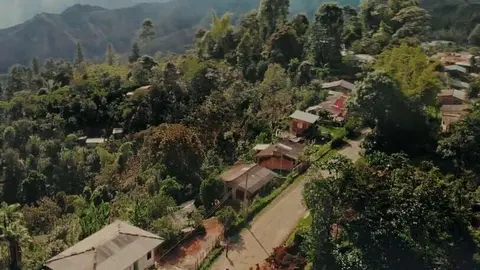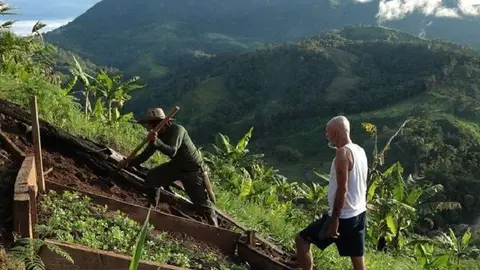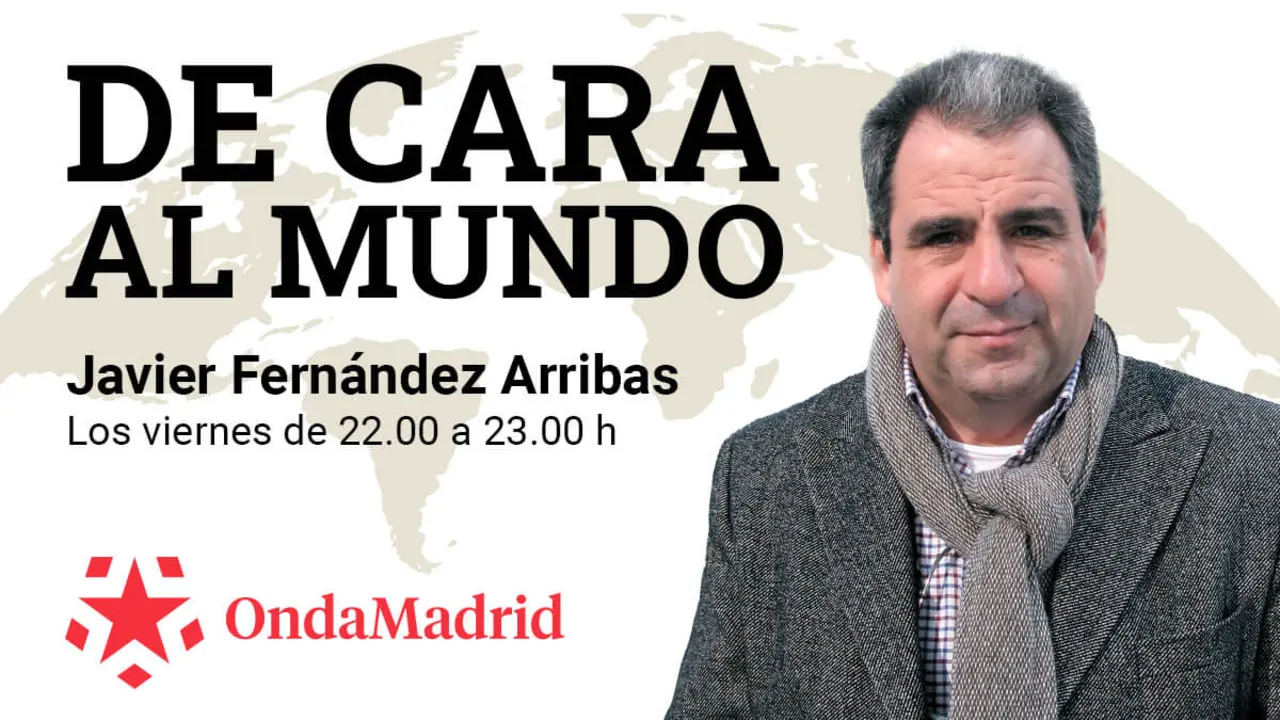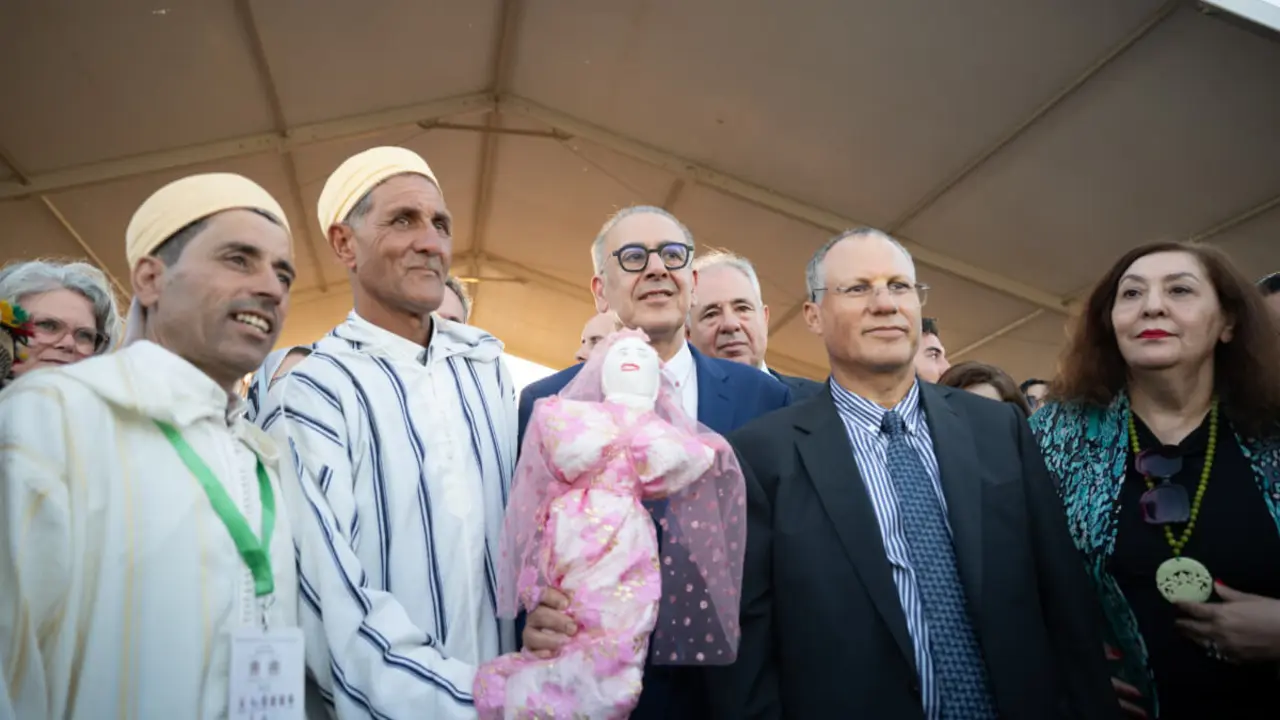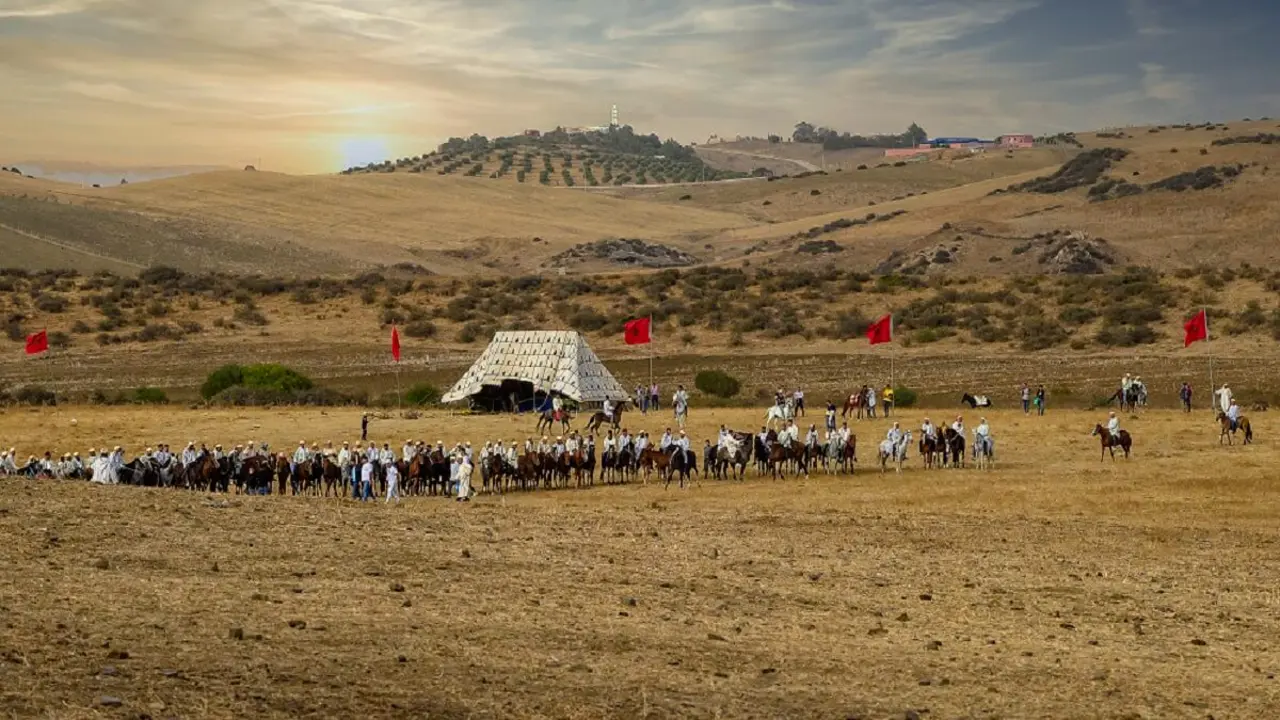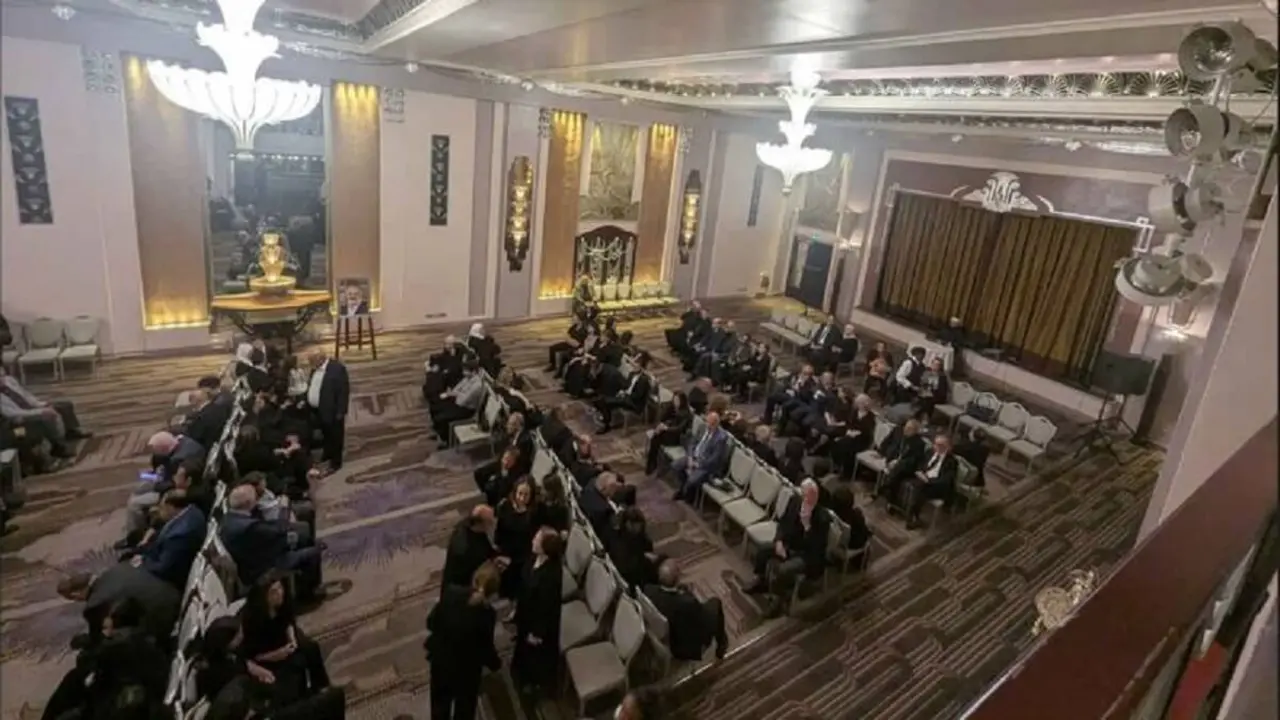Colombia must implement the Peace Accord as a state policy
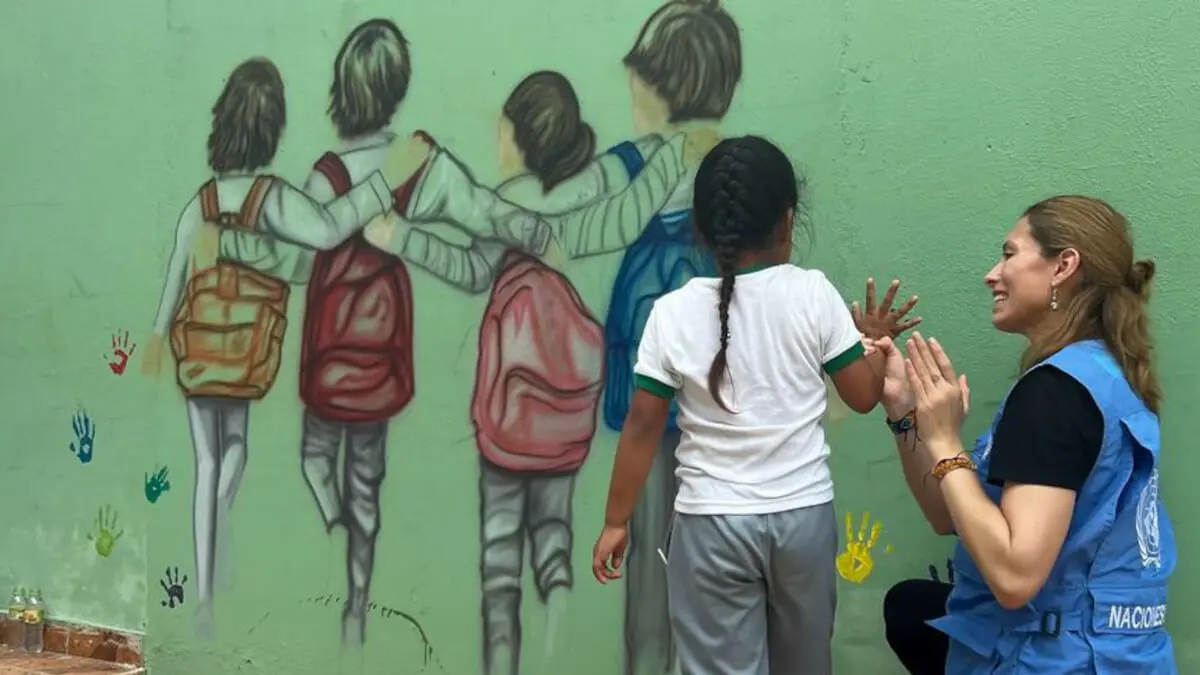
The UN international human rights expert* on Tuesday called on the Colombian state to implement the 2016 peace agreement as a state policy and ensure that all dialogue processes with non-state armed groups have a human rights approach centred on victims.
In her report, mandated by the UN Human Rights Council, Antonia Urrejola**, outlines the main obstacles to the implementation of the 2016 Peace Agreement, including those identified by the Special Jurisdiction for Peace in March 2023, and makes recommendations to contribute to peacebuilding in Colombia.
The report notes progress related to comprehensive rural reform and transitional justice. It also highlights that 80% of the signatories of the agreements remain committed to reintegrate into society, despite the obstacles, and the risks to their lives.
The 2016 Peace Agreement is a roadmap for addressing the structural causes of the conflict and ensuring non-repetition, says the report, which stresses that the state's human rights obligations must be implemented progressively and independently of the political context.
Attacks on the transitional justice system
The report notes that the first years after the signing of the Peace Agreement were crucial to ensure its implementation and to consolidate public confidence in the Agreement, but were marked by a political context hostile to the Agreement. This led to uneven implementation and attacks on the transitional justice system.
Thus, the document points to possible obstructions by the Attorney General's Office to the Special Jurisdiction for Peace in the case of "Jesús Santrich", former member of the FARC-EP and negotiator of the Peace Agreement, and highlights that the case exemplifies the abusive use of criminal prosecution to undermine public confidence in the Agreement and the transitional justice system.
"It reinforced the stigma attached to the peace signatories, accelerated their internal division and affected their reintegration, as foreseen in the Agreement. At the same time, it generated doubts about the suitability and impartiality of the members of the Special Jurisdiction for Peace", says the text.
In this sense, Urrejola urges the Attorney General's Office to prioritise the investigation of the Jurisdiction's March 2023 complaint, and to determine possible criminal responsibilities within a reasonable timeframe, through the creation of a group of independent experts to support and provide technical assistance in the investigation.
"The Attorney General's Office should report publicly on the progress and results of this investigation within one year," the expert said.
The report recommends "respecting and safeguarding the independence and autonomy of the Special Jurisdiction for Peace as the judicial authority in charge of judging the most serious and emblematic crimes committed during the armed conflict, and guaranteeing the protection of its personnel, victims and those who appear before the Jurisdiction".
Other recommendations
The state should also review and adapt legal procedures so that the extradition process for Colombian citizens complies with Colombia's international human rights obligations, including the rights of victims to truth, justice and reparation, and the right to peace.
The expert called for the creation of an entity at the highest level of government to oversee the implementation of the agreements, convene all entities and ministries, ensure the required inter-institutional coordination and articulation between transitional justice public policies, with adequate financial resources.
She also urged the state to implement, as a priority, a policy of dismantling criminal organisations, with a territorial and participatory approach, and ensuring adequate resources.
"The dismantling of criminal structures and the fight against corruption are fundamental pillars for the consolidation of peace," says the report.
Finally, the expert urges the Colombian state to redouble its efforts to implement the Truth Commission's recommendations in the state's public policies, particularly at the local and departmental level.
*Special Rapporteurs and other independent rights experts are part of what are known as the Special Procedures of the Human Rights Council. They are not part of the UN staff, are independent of any government or organisation and do not receive a salary for their work. They are not part of the UN staff, are independent of any government or organisation and do not receive a salary for their work.
**Antonia Urrejola is the international human rights expert to identify obstacles to the implementation of the 2016 Peace Agreement.

